Ban on Women Aid Workers in Afghanistan
By Mahvish Akhtar
The Taliban administration in Afghanistan announced a ban on female aid workers on December 24th, 2022. This ban came just a week after the ban on wo. The Taliban also closed girls’ high schools in March 2022. In a gathering in Kabul, Taliban officials had a meeting with private-school directors, clerics, and community representatives, also barring female staff, including teachers, from working in schools. School jobs were one of the few professions that had remained open to Afghan women under the new government, according to school principals who attended the meeting. They also said adult women could no longer visit mosques or participate in religious seminaries.
According to attendees at the meeting, the Afghan government said the ban on girls’ schooling would be temporary. However, during their first rule in the 1990s, the Taliban made similar laws for girls and women, prohibiting them from education and work. Those bans were never lifted.
The crisis, aid agencies say the situation is likely to get worse. A ban on female NGO workers has led to suspending operations in the critical winter months, saying they cannot operate in the conservative country without female staff to reach out to women and children. UN’s Emergency Relief Coordinator Martin Griffiths, as well as the heads of key UN agencies and international aid groups, called for Taliban authorities to reverse their ban on women working in the humanitarian sector and to overturn “all directives banning women from schools, universities and public life.” “Female staff is key to every aspect of the humanitarian response in Afghanistan,” the UN representatives and aid agencies said in a joint statement.
The United Nations has announced that some “time-critical” programs in Afghanistan have temporarily stopped and warned many other activities would also likely be paused following the Taliban’s ban on Female aid workers. The UN statement also said the ban on female aid workers “comes at a time when more than 28 million people in Afghanistan require assistance to survive as the country grapples with the risk of famine, economic decline, entrenched poverty, and a brutal winter”.
Twelve countries and the European Union jointly called on the Taliban to reverse the ban on female aid workers and allow girls and women to return to school.
A joint statement was issued by the foreign ministers of Australia, Canada, Denmark, France, Germany, Italy, Japan, Norway, Switzerland, the Netherlands, the United Kingdom, the United States, and the EU against the Taliban, urging them to reverse the ban on women’s education and female aid workers.
According to Reuters, more than half the population relied on humanitarian aid even before these bans came into effect. The 2021 Taliban takeover caused Afghanistan’s GDP to shrink by 20% last year. These statistics are looking any better.
Fazal Rabi Askari, a father of three, is struggling with his daughters and the new Taliban rulings. “Islam urges both men and women to seek knowledge. This act of the Taliban is clearly against the Islamic values and orders,” Mr. Askari said. “This decision has destroyed the dreams of a nation and the dreams of my daughters,” he continued.
Three NGOs announced that they were suspending their operations in Afghanistan after the Taliban ordered all NGOs to stop their staff from working. “We cannot effectively reach children, women, and men in desperate need in Afghanistan without our female staff,” Save the Children, the Norwegian Refugee Council, and CARE said in a joint statement. “While we gain clarity on this announcement, we are suspending our programs, demanding that men and women can equally continue our lifesaving assistance in Afghanistan.”
The Ministry of Economy, Afghanistan, threatened to suspend the operating licenses of NGOs if they failed to implement the rules. The ministry claimed it had received “serious complaints” that women working in NGOs were not observing the proper Islamic dress code. But women employees dismissed the charge, confirming that “Our offices are gender segregated, and every woman is properly dressed,” said Arezo, who works for another foreign NGO.
Shabana, 24, who an international NGO employs, told Geo news, Pakistan, “I’m the only breadwinner of my family. If I lose my job, my family of 15 members will die of hunger”. There are many women like Shabana in Afghanistan. It is a matter of survival at times.
Afghanistan’s Ministry of Interior Affairs said that Taliban leadership is working on ways to reopen universities for women and facilitate their access to work. Acting Interior Minister Sirajuddin Haqqani noted that efforts are underway to find a permanent solution within the Sharia law and Afghan culture.
Women have come out on the streets to protest the situation. Because these laws directly hurt the economy and the pace of the humanitarian crisis is faster. Even the men are not on board with it. The protesters had water cannons thrown at them. Male students have protested by boycotting their exams and professors ripping off their degrees.
The intentions of the Taliban government are not clear at this time for continuing to make rules that are only hurting the economy and the already devastating condition of their country. It is also polarizing an already tired and damaged nation. Taliban have not faced any natural resistance so far from within their country. However, now that they are knowingly jeopardizing the well-being of their people, the country is starting to lose faith in them. Since this is coming sooner rather than later, this might be an excellent time to find out how much the Afghan government can handle the pressure of its people.






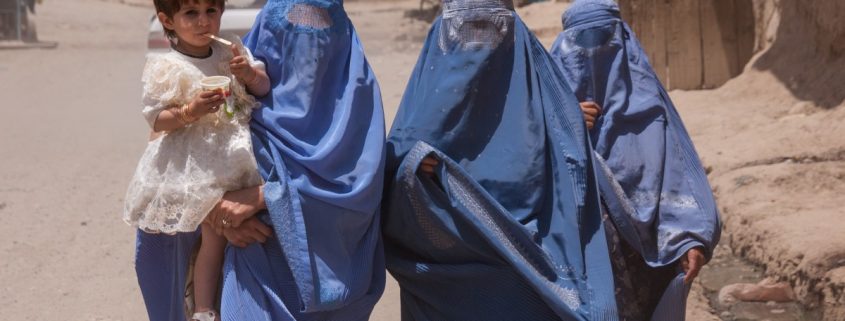
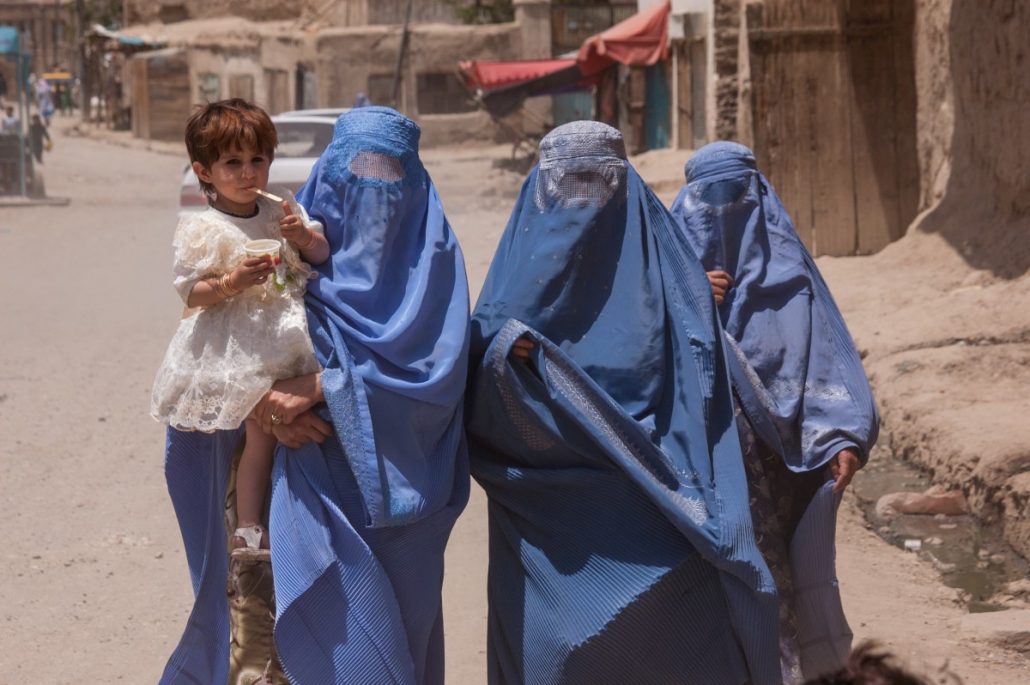


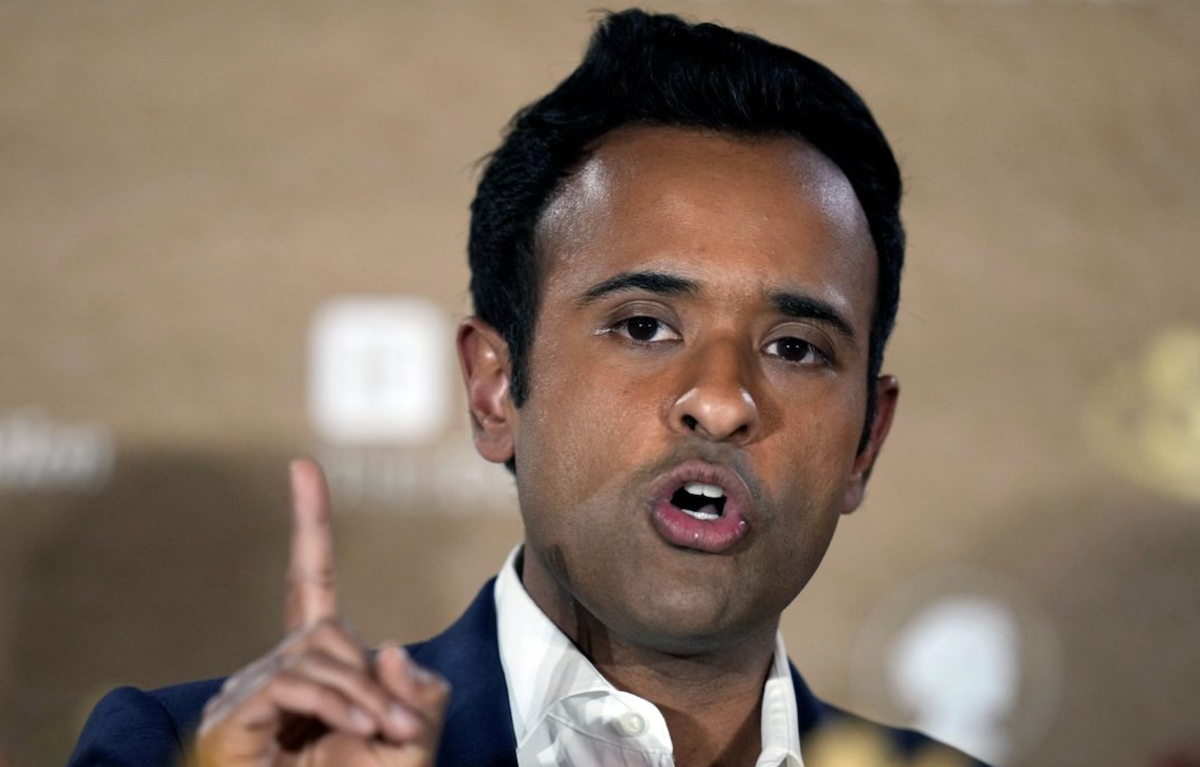
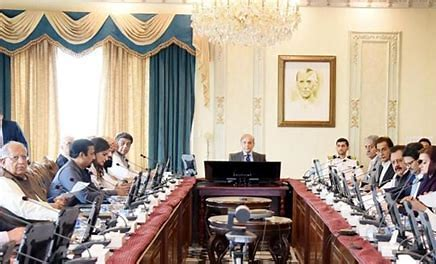


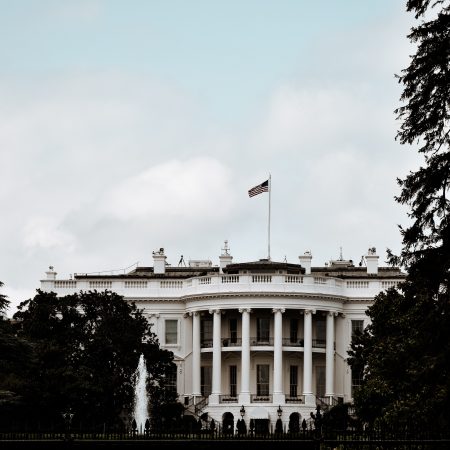






2023
1,178 views
views
0
comments